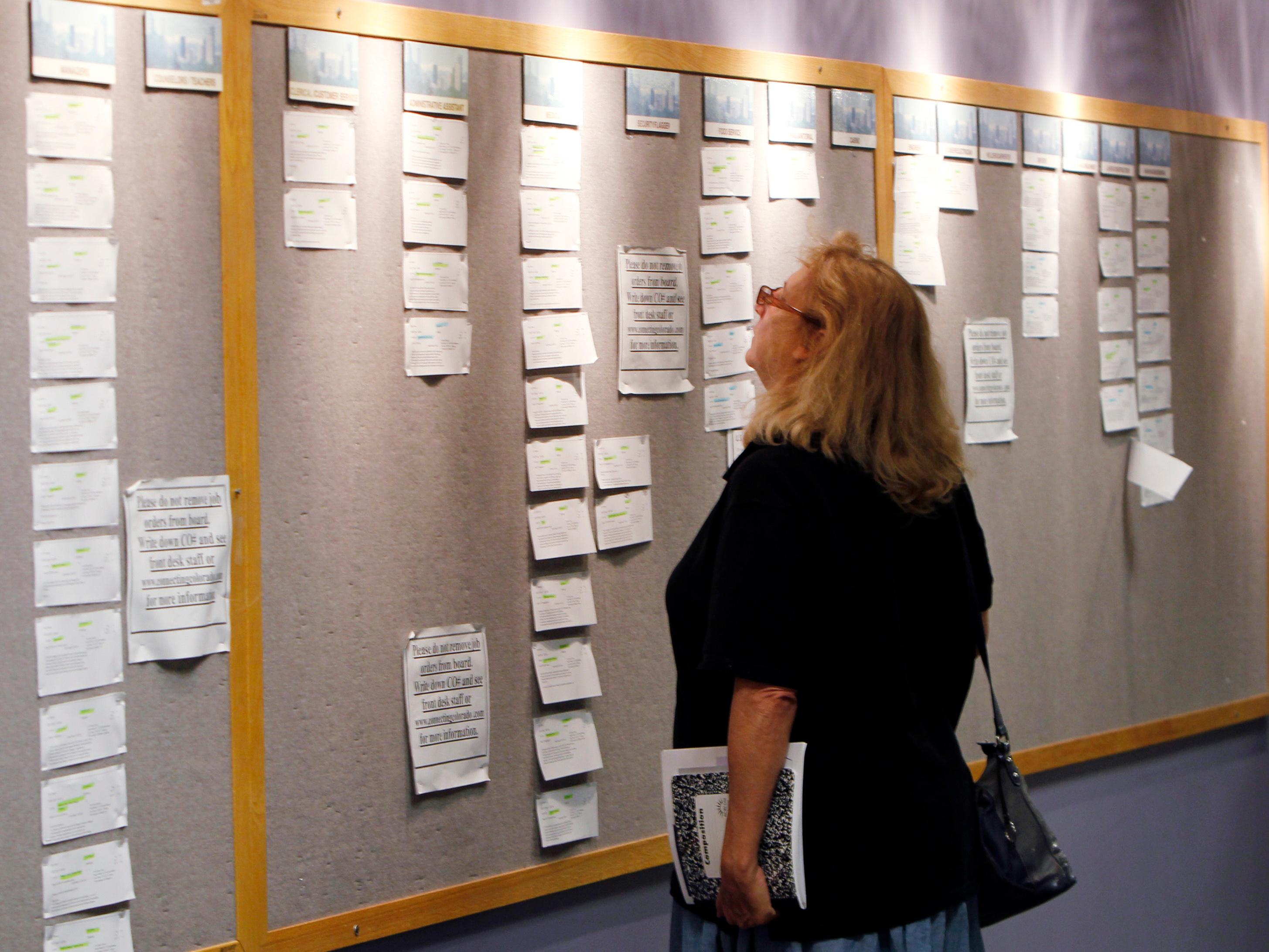
The good news: Colorado’s economy is headed for another solid year. The OK news: It probably won't be as good as 2014 has been, according to the 2015 Colorado Business Economic Outlook. The report was released today by the University of Colorado's Leeds School of Business.
The 50th annual outlook predicts Colorado will gain about 61,000 jobs next year, down from about 70,000 in 2014. That includes projections for the rest of this year.
Committees of researchers and industry experts put together the outlook.
Lead author Richard Wobbekind says the total number of jobs added next year could be higher, but many industries are having trouble finding qualified workers, particularly in construction.
"A lot of [construction workers] appear to have migrated to the oil and gas industry," Wobbekind says. "We certainly have seen the workforce disappear in [the construction] industry that is no longer available to be hired here locally."
Colorado is also short on scientific and technical workers, such as computer programmers, and skilled manufacturers, like welders. Wobbekind says the state is also facing a shortage of retail workers.
While much of the growth will continue to be seen in the northern Front Range, the outlook shows signs that the Grand Junction area, which has struggled to come out of the last recession, is turning a corner.
Importantly, housing prices there have stabilized, and foreclosures are down, Wobbekind says.
In Colorado Springs, which has also lagged behind in the recovery because of federal defense cuts, Wobbekind says the economy is more diverse than in years past.
"They're trying to move more heavily into innovation and entrepreneurship," he says. "And we have optimism that's really going to work. Colorado Springs has a beautiful environment... very healthy and young workforce."
Much of Colorado's recent growth has been driven by oil drilling in and around Weld County. However, recent low gas prices mean companies have slowed down production, Wobbekind says.
"We have forecast slower job growth," he says. "We still see production continuing but probably at a slower pace."
That impacts other sectors of the state's economy, like construction, business services, and other support industries in the broad metro area that includes Denver.
"Were [oil] companies to really cut back on production, cut back on drilling, it would certainly have some larger impact," he says. "That'll be the big question for the state in the coming year."
The expansion of Denver International Airport, particularly to international destinations, has been one of the biggest drivers of the state's growth, he adds.
"Right now the growth in international air traffic or passengers is growing more rapidly than domestic," he says. "We see this as a continued strong piece of the Colorado economy and might be one of the largest single contributors of what’s gone on here in the last 20 years."
- Wine: Colorado is now home to about 110 wineries, but the industry took a hit in 2014. Grape production was down about 50 percent due to cold weather.
- Gigabit neighborhoods in Denver: CenturyLink is rolling out super fast internet service for residents and small businesses in some parts of the city. It's 10 times faster than the highest speed previously offered.
- The state's film incentives program is paying dividends: Since 2012 Colorado has offered monetary incentives to attract film and television producers, doling out $10 million through October 2014. The Outlook reports the program has generated 1,800 jobs and about $65 million in production spending.









